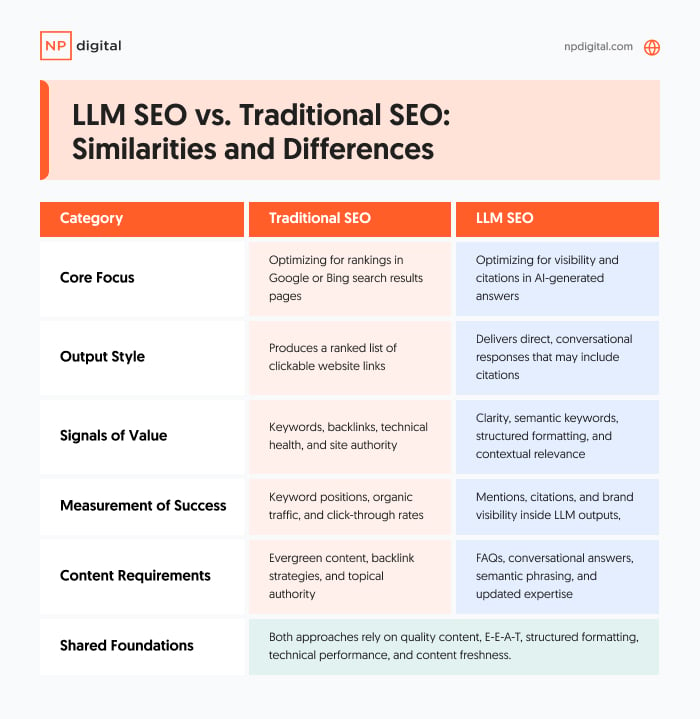There's still time to claim your share of $1.5 billion in unclaimed tax refunds from 2019, IRS says
If you're behind on filing your taxes, there's still time to claim older refunds, according to the IRS. Here's what taxpayers need to know.

Valentinrussanov | E+ | Getty Images
The 2022 federal tax deadline has passed for most Americans, but another key date is approaching for past-due filers.
If you're one of the nearly 1.5 million people with an unclaimed tax refund from 2019, the last chance to file your return is July 17, according to the IRS.
Those refunds are worth almost $1.5 billion in total, with a median payment of $893, the agency said. There's a state-by-state breakdown of median potential refunds for 2019 here.
More from Personal Finance:
Series I bond rates fall to 4.3% amid cooling inflation
3 smart ways to prepare for next year's taxes now
Americans are saving far less than normal in 2023. Here's why
Typically, there's a three-year deadline to claim refunds for unfiled returns before the money becomes the property of the U.S. Department of the Treasury. In most years, that deadline coincides with the federal tax filing deadline. But there's extra time for 2019 due to the Covid-19 pandemic.
"The 2019 tax returns came due during the pandemic, and many people may have overlooked or forgotten about these refunds," IRS Commissioner Danny Werfel said in a statement. "We want taxpayers to claim these refunds, but time is running out."
With the 2019 tax deadline extended until July, Werfel said, many Americans, particularly lower earners such as students and part-time workers, may have accidentally skipped the filing.
"People get scared and think it's going to be harder than it really is," said certified financial planner John Chichester Jr., founder and chief executive of Chichester Financial Group in Phoenix. "And they don't realize that they're leaving money on the table."
People get scared and think it's going to be harder than it really is, and they don't realize that they're leaving money on the table.
John Chichester Jr.
Founder and CEO of Chichester Financial Group
For example, low- to moderate-income workers may qualify for the so-called earned income tax credit, which provides a tax break even without a balance due.
But for workers with a relatively simple tax situation, such as W-2 income and without a business, "it's quite easy to file your taxes," said Chichester, who is also a certified public accountant.
How to start past-due 2019 returns
If you're feeling overwhelmed by an unfiled return, experts say to begin by gathering documents.
"Taxpayers can request copies of tax documents from employers and other sources like loan service providers," said Kathy Pickering, chief tax officer for H&R Block. "Sometimes documents were provided electronically and are still available on demand."
Another way to access older tax documents is through your IRS online account, she said.

You can login to download IRS transcripts, such as the wage and income transcript, which includes W-2s and 1099s. You can access IRS transcripts for the current season and three prior years. "For many taxpayers, this is by far the quickest and easiest option," the IRS said in a statement.
And if you have multiple years of unfiled returns, Chichester's advice is to just get started with 2019. "Sometimes it can be daunting if you have multiple years," but completing 2019 may make it easier to move on to the next one, he said.

 BigThink
BigThink 
































